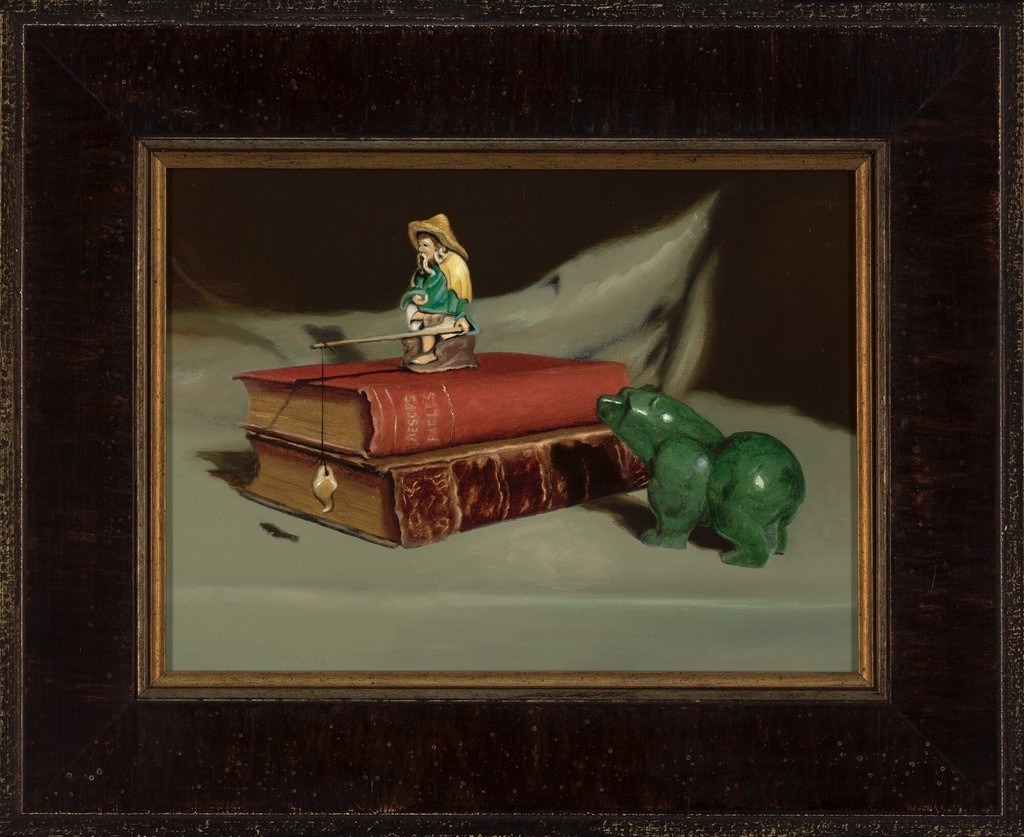
The premise of Ask is that we can be “better,” but what does that mean? Ultimately, it means reducing anxiety and stress and becoming happier and more content.
The path to achieving a happier life is multi-focused. It involves having deeper, more meaningful relationships. The quality of those relationships is more important than the quantity. As a general rule, introverts (like me) need fewer relationships of consequence than extraverts.
Here’s another insight I uncovered. Working on our relationships, like working on our other goals, is a process. It takes time and effort. Sometimes, we are so eager to get to the “finish line” that we forget to enjoy the process. That’s the subject of this article, which I originally posted on Advisor Perspectives.
My journey
I have always been a goal-oriented person. Initially, I wanted to be financially successful. When I formed my law firm, I wanted to attract clients and win trials. As a wealth advisor, I wanted to accumulate AUM. As an author, I wanted to sell books.
I’ve learned my goal-oriented focus had a negative impact on my happiness. It took an artist and a lizard to show me a better way. Let me explain.
The artist
My wife, Patricia, is a portrait and still-life artist. The image above of Aesop’s Fables is her work. For the past 15 years or so she studied in Europe and in North America honing her craft. She spent thousands of hours learning the basics of drawing before she used oil paints. Several years ago, we moved from Florida to Jersey City, New Jersey for one year, so she could attend a division of the Florence Academy of Art located there. Getting from our apartment to the school involved a short train ride and a walk of a mile or so, often in very inclement weather. She would stand for 10-12 hours a day during class, and return home exhausted.
She loved it.
For Patricia, it’s not the destination. It’s the journey. She doesn’t want to be famous or sell her art. She has to be encouraged to even display it.
When I used to ask her what her goal was (something I no longer do), she would reply: I want to be the best artist I can be.
She is the happiest person I know.
The lizard
In this article, Markham Heid recounts this story of a lizard, taken from the book, Authentic Happiness, by Martin Seligman.
A lizard refused to eat, no matter what it’s owner put in front of it. One day, the owner tossed a newspaper over a ham sandwich. The lizard shredded the paper and devoured the sandwich. Seligman explains this behavior in evolutionary terms: Lizards have evolved to stalk and pounce and shred before they eat. So essential was the exercise… to the life of the lizard that its appetite could not be awakened until [this behavior] was engaged.
Humans also have a need to expend effort in order to increase happiness.
Heid summarizes the research indicating a positive correlation between happiness and the level of effort required to complete a task. This study found that engaging in tasks that require meaningful effort may (or may not) increase levels of happiness at the time but, when those engaging in them reflect about their experience, they have heightened levels of satisfaction, which increases happiness.
Another study found a positive relationship between anhedonia (associated with depression) and a lack of interest in expending the effort required to complete difficult tasks.
The lesson
The journey may play a more important role in our level of happiness than the destination. I hope this is true, because we often spend so much time on the journey. The pleasure we get from reaching the destination can be fleeting.
The timing of this epiphany couldn’t be better for me. It’s been almost a year since I started work on the manuscript for my new book, Ask: Be Liked. Be Better. I’m now aware of how much I enjoy the effort required to do this work. Instead of feeling frustrated that it’s taking longer than anticipated, I’m focused on making it the best it can be.
Much like Patricia must have felt during the many arduous hours it took to complete Aesop’s Fables.
